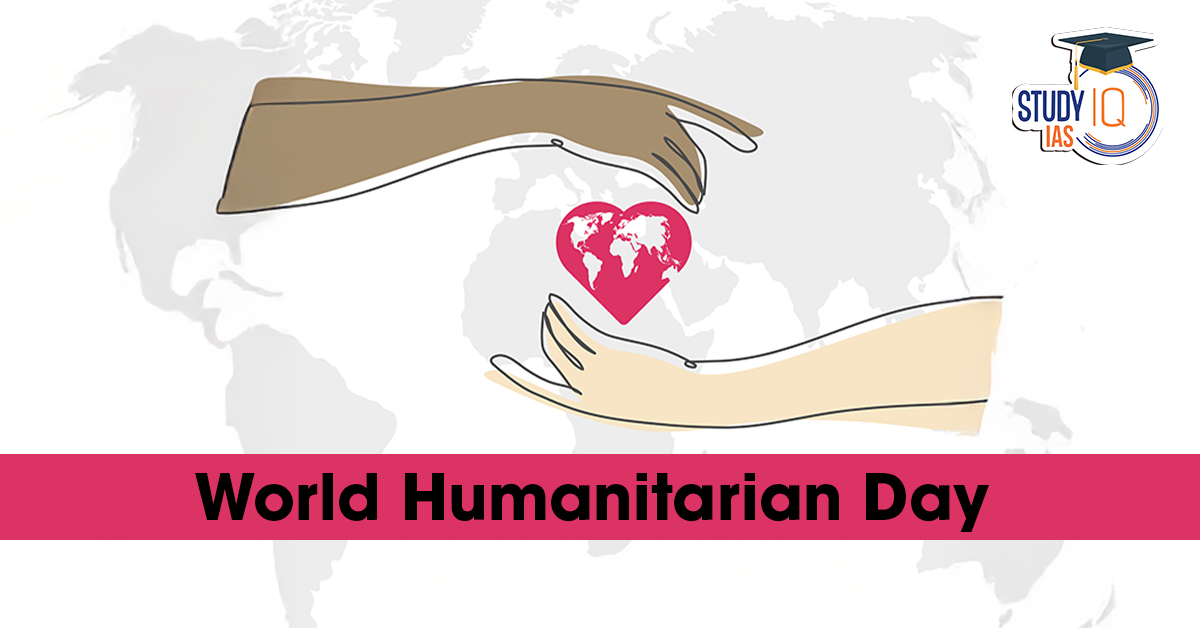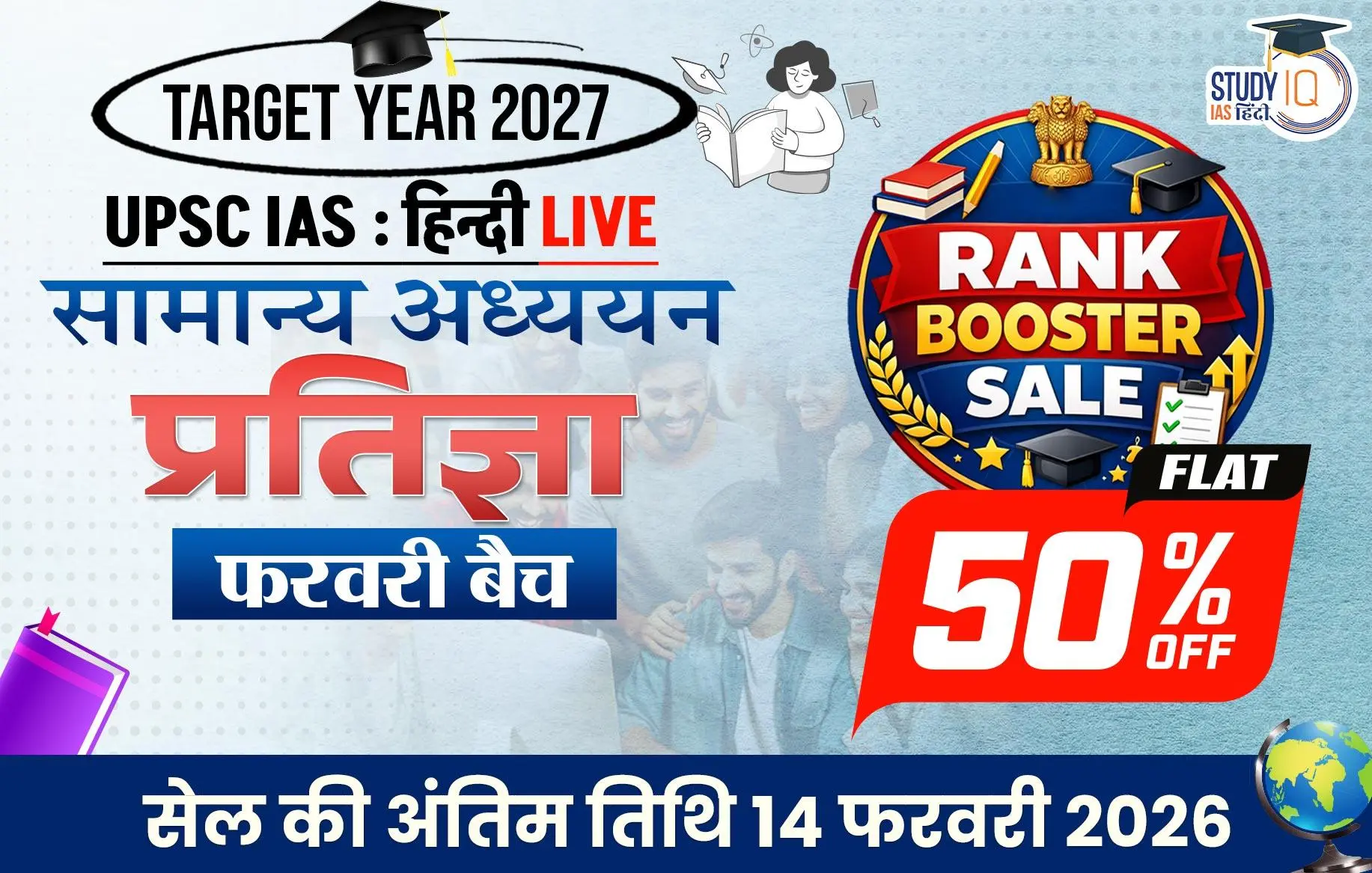Table of Contents
World Humanitarian Day 2025 is observed on 19th August to honor humanitarian workers and recognize their relentless efforts in saving lives, supporting vulnerable populations, and delivering aid in the world’s toughest environments. The day also highlights the need for global solidarity in addressing crises like wars, natural disasters, pandemics, and displacement.
History of World Humanitarian Day
The origins of World Humanitarian Day trace back to August 19, 2003, when a devastating bomb attack on the Canal Hotel in Baghdad, Iraq killed 22 humanitarian aid workers, including Sergio Vieira de Mello, the UN Special Representative for Iraq.
In 2008, the United Nations General Assembly officially declared August 19 as World Humanitarian Day to pay tribute to those who lost their lives in humanitarian service and to encourage global support for humanitarian efforts.
Why World Humanitarian Day is Important
Every day, millions face life-threatening crises due to conflicts, climate change, natural disasters, hunger, and displacement. Humanitarian aid ensures:
-
Emergency food and water supply
-
Healthcare and medicines
-
Shelter and protection
-
Search and rescue missions
-
Post-disaster rehabilitation
Sadly, humanitarian workers often risk their lives. In 2024 alone, 380 aid workers were killed globally, making it the deadliest year on record. In the first five months of 2025, 128 workers lost their lives across 17 countries, with 98% being local staff.
Challenges Faced by Humanitarians
Humanitarian workers face multiple challenges, including:
-
Restricted Access – Difficulties in reaching disaster-hit areas due to conflict zones, visa restrictions, or poor infrastructure.
-
Funding Gaps – In June 2025, only 12% of the Global Humanitarian Overview funding was met, leaving millions at risk.
-
Donor Fatigue – Aid often drops after media attention fades, leaving crises underfunded.
-
Inflation & Shortages – Ongoing conflicts like the Ukraine war have disrupted global supply chains, raising costs for aid delivery.
-
Security Risks – Humanitarian workers are often targets of violence, kidnappings, and attacks.
India’s Role in Humanitarian Assistance
India has emerged as a first responder in South Asia and a reliable partner to the Global South. Over the last five years, India has extended Humanitarian Assistance and Disaster Relief (HADR) support to over 150 countries.
Key Humanitarian Missions by India:
-
2025 – Earthquake Relief: Sent 31 tonnes of humanitarian aid via a C-17 Globemaster aircraft to a neighboring quake-hit country.
-
Vaccine Maitri (2021–Present): Supplied 30.12 crore COVID-19 vaccine doses to 99 countries and 2 UN entities.
-
Operation Dost (2023): Provided rescue teams, medical aid, and relief materials to Türkiye and Syria after a devastating earthquake.
-
Operation Karuna (2023): Extended aid to Myanmar after Cyclone Mocha.
-
Honduras Aid (2023): Sent 26 tonnes of humanitarian supplies after Tropical Storm SARA.
-
Rapid Response Cell (RRC, 2021): Established for quick coordination with NDMA, NDRF, and Armed Forces to deliver emergency aid abroad.
-
Partnerships with UN & Quad: Works with WHO, World Food Programme, SAARC, BIMSTEC, and Quad for global disaster management.
India’s humanitarian philosophy is rooted in “Vasudhaiva Kutumbakam” (The World is One Family), highlighting its commitment to saving lives beyond borders.
Significance of World Humanitarian Day 2025
World Humanitarian Day 2025 is not just about remembering aid workers but also about:
-
Raising awareness about global humanitarian crises
-
Encouraging funding and support for aid organizations
-
Honoring the sacrifices of humanitarian workers
-
Highlighting the role of countries like India in global humanitarian leadership
Conclusion
On World Humanitarian Day 2025, the global community pays tribute to aid workers and emphasizes the urgent need for international cooperation, timely funding, and protection of humanitarian missions.
India’s proactive humanitarian diplomacy—from Vaccine Maitri to Operation Dost and Karuna—demonstrates its growing role as a humanitarian leader, particularly for the Global South.
As crises continue to rise, World Humanitarian Day serves as a reminder that compassion, solidarity, and swift action remain humanity’s strongest tools in saving lives and restoring hope.


 BharatSHRI Initiative: Digital Repositor...
BharatSHRI Initiative: Digital Repositor...
 IT Rules Amendment, 2026: Regulation of ...
IT Rules Amendment, 2026: Regulation of ...
 Tarique Rahman: From Exile to Prime Mini...
Tarique Rahman: From Exile to Prime Mini...




















